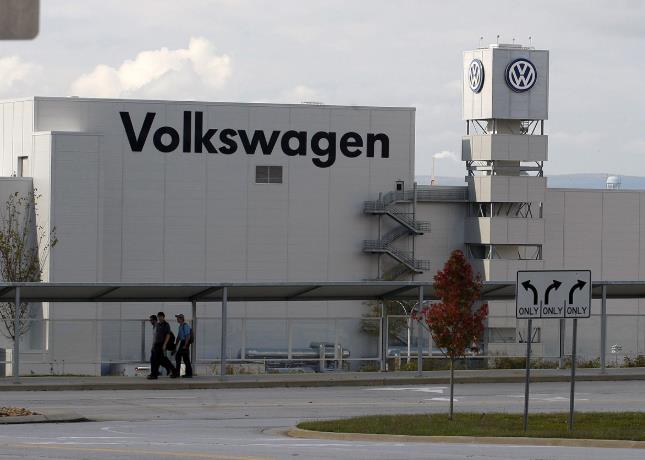[Global Network comprehensive report] According to Agence France-Presse reported that about 372,000 German car owners affected by the popular “diesel door” group filed a claim with the public, accusing the public of fraud. So far, Volkswagen has spent 28 billion euros (about 219 billion yuan) before and after the “diesel door” to pay fines, recalls and compensation.
In 2015, Volkswagen acknowledged that 11 million diesel vehicles were equipped with exhaust gas cheats and were fraudulent in emissions testing. A spokesperson for the German Federal Justice Bureau said that from the end of November 2018 to January 2, 2019, hundreds of thousands of affected car owners signed class actions.
On November 1, 2018, the German consumer rights organization VZBV filed a lawsuit against the German Braunschweig court. Although the class action registration is open until the day before the first hearing held at the end of this year, VZBV encourages owners to register before December 31 this year to avoid the expiration of the statutory limitation period of three years.
In November 2018, the German parliament passed a new class action law, and if it was suffered by the company, the class action would be easier to win. In the first large-scale consumer claims case, litigants were required to prove that Volkswagen installed cheats and deliberately harmed consumers’ rights and therefore required compensation from consumers. If the plaintiff wins the case, there will be a large number of claims later.
Volkswagen insists that these lawsuits are “unfounded.”
Most of the financial losses facing the public come from the United States. Not only do they need to buy back a total of 500,000 cars from American car owners, but they also have to pay 10,000 US dollars (about RMB 69,000) for each car. At the same time, Volkswagen paid only two fines in Germany, totaling 1.8 billion euros (about RMB 14.1 billion). The remedy that the public hopes to take is to upgrade the software for the affected vehicles or provide a redemption discount to encourage owners to purchase new, low-displacement models.
Post time: Jan-08-2019

